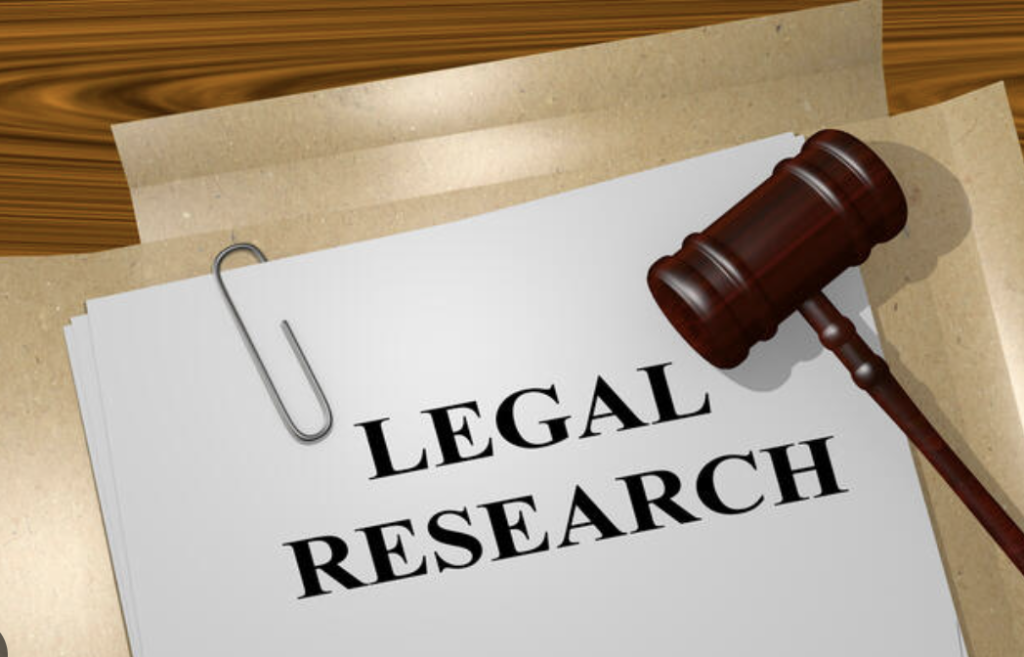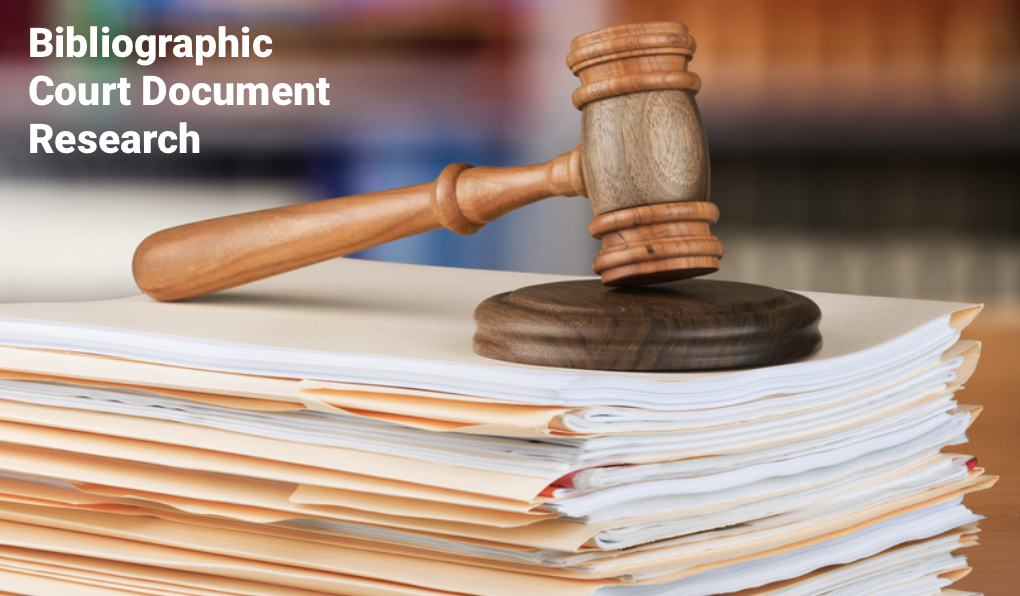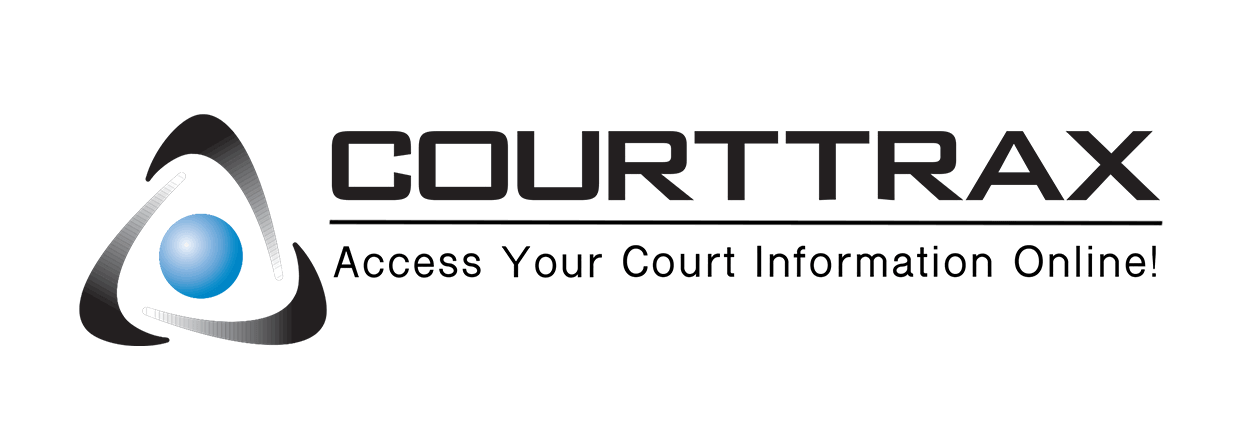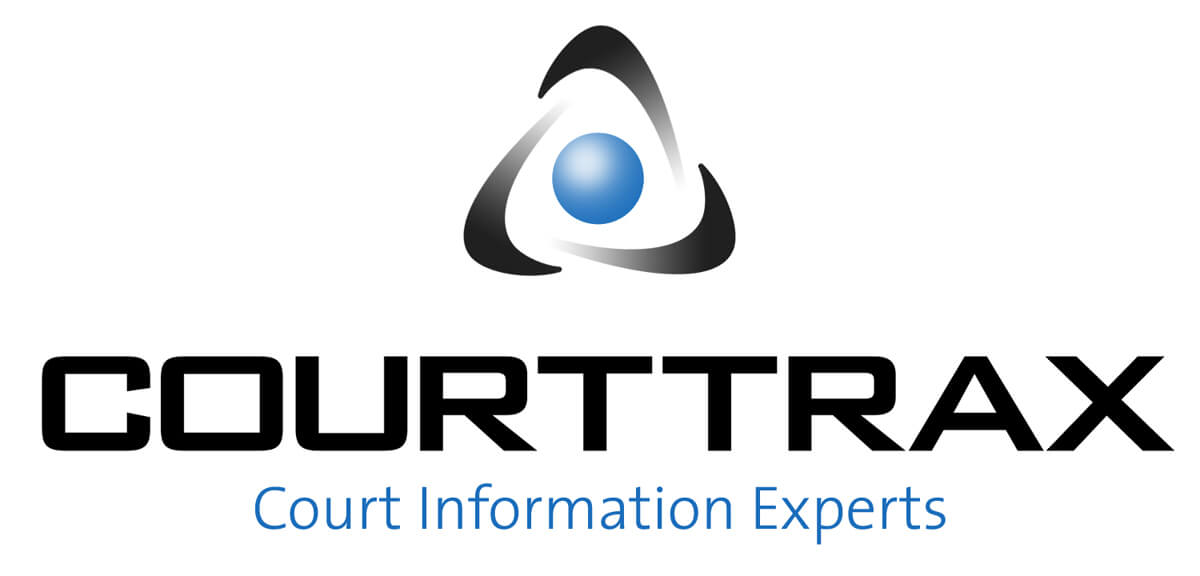How CourtTrax Uses Bibliographic Research to Provide Better Court Information
KEY ITEMS
- What are Legal Research and Bibliographic Court Document Research
- Specifics of Legal Research
- Specifics of Bibliographic Research
- When is it best to use Legal Research and Bibliographic Court Document Research
Legal Research versus Bibliographic Court Document Research
Lawyers rely on both legal research and bibliographic court document research to effectively represent their clients and build strong cases. Legal research is essential for understanding the laws, statutes, and precedents that impact their cases, allowing lawyers to develop solid legal arguments. On the other hand, bibliographic court document research is crucial for obtaining specific court filings, orders, and transcripts, providing detailed insights into the procedural history and facts of a case. By combining these research methods, lawyers ensure they have a comprehensive understanding of both the legal framework and the specific details of the cases they handle every day.
Legal Research
When you do legal research, you are looking for laws, cases, and legal rules that help support your arguments in court. This kind of research helps you find the rules that judges and lawyers use to make decisions. You use tools like law books, online legal databases, and court opinions to find this information. Legal research helps you understand what the law says about your case and how similar cases have been decided in the past.

- Relevant Laws and Statutes: Identifies the specific laws and statutes that apply to your case, helping you understand the legal framework.
- Case Precedents: Finds previous court decisions that are similar to your case, showing how judges have ruled on similar issues.
- Legal Arguments and Reasoning: Provides insights into the arguments and reasoning that have been successful in past cases, helping to shape your own legal strategy.
Bibliographic Court Document Research
On the other hand, bibliographic court document research is about finding specific court documents, like court filings, orders, and transcripts. This research focuses on locating the actual paperwork that has been filed in a court case. It involves searching through court records and databases to find these documents. While legal research helps you understand the law, bibliographic court document research helps you find the exact papers and details from a particular court case.

- Court Filings: Obtains copies of documents filed in a specific case, such as complaints, motions, and responses, which are crucial for understanding the progression of the case.
- Court Orders and Judgments: Finds official decisions and orders issued by the court, which determine the outcome and next steps in a case.
- Transcripts and Records: Accesses transcripts of trials, providing detailed accounts of what was said and presented during court proceedings.
When & Where Legal Research and Bibliographic Court Document Research are to be applied!
Legal research is often superior to bibliographic court document research when accuracy is essential for understanding and applying the law. It provides comprehensive insights into relevant statutes, case precedents, and legal principles that shape the framework of any case. By examining how similar cases have been interpreted and decided, legal research ensures that lawyers can develop precise and well-supported legal arguments. Therefore, for accurate and thorough comprehension of the law, legal research is an invaluable resource for legal professionals.
Bibliographic court document research is often superior to legal research when accuracy is paramount. It provides direct access to the exact court filings, orders, and transcripts, ensuring that lawyers have the most precise and factual information about a case. This detailed documentation helps prevent misunderstandings and errors, as it reflects the actual proceedings and decisions made in court. Therefore, when accuracy and specificity are critical, bibliographic court document research is an indispensable tool for legal professionals.
SIMILAR ARTICLES




